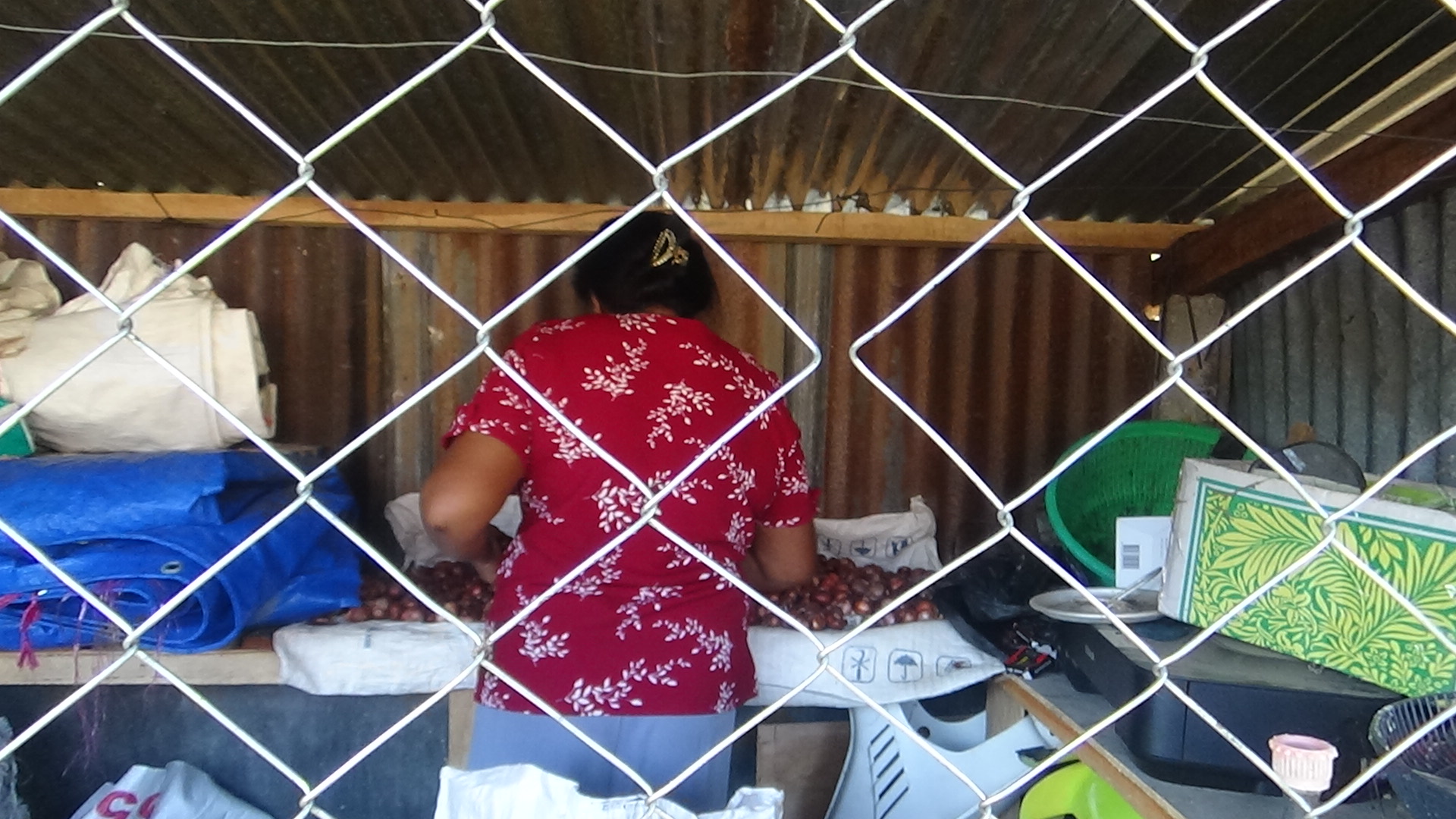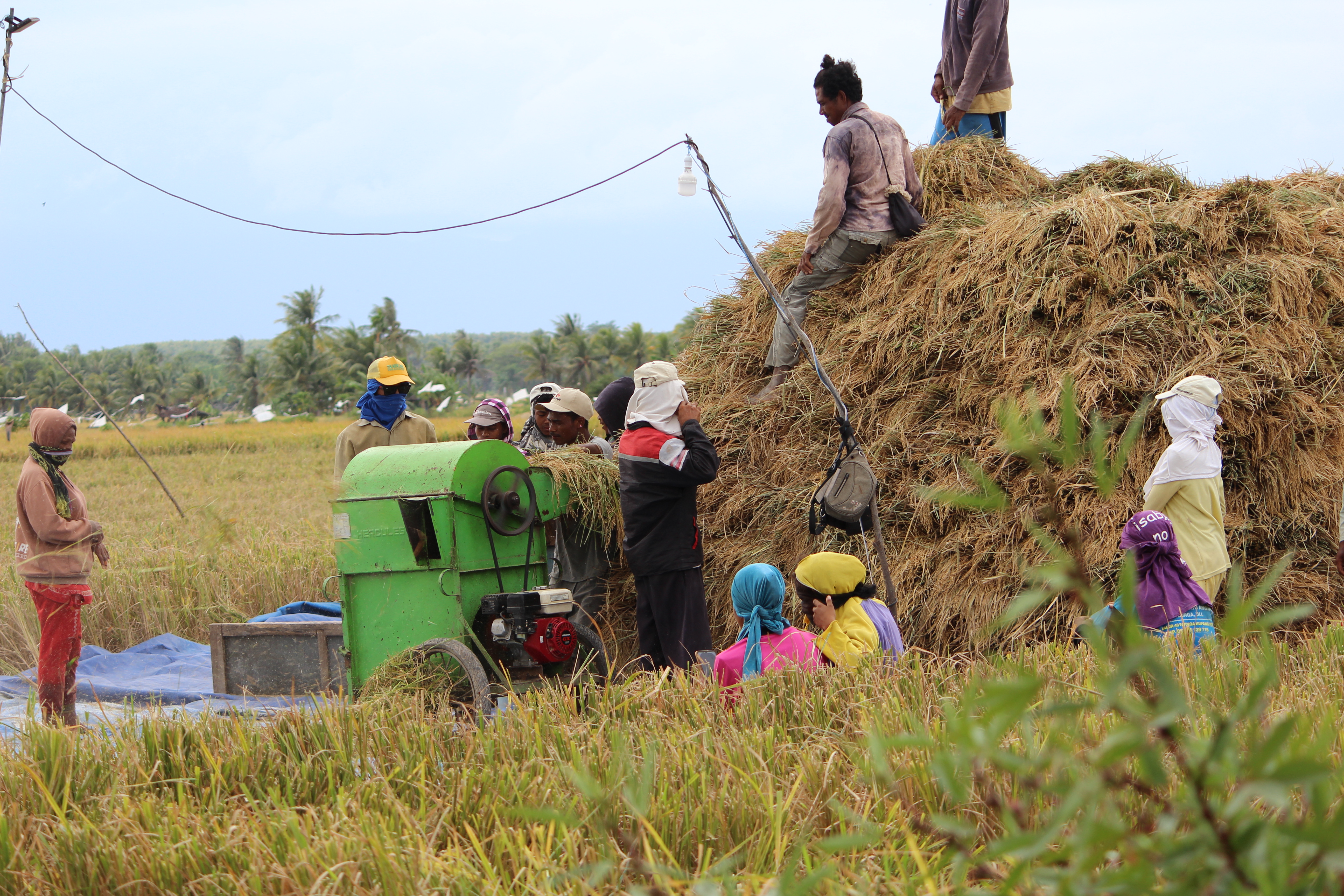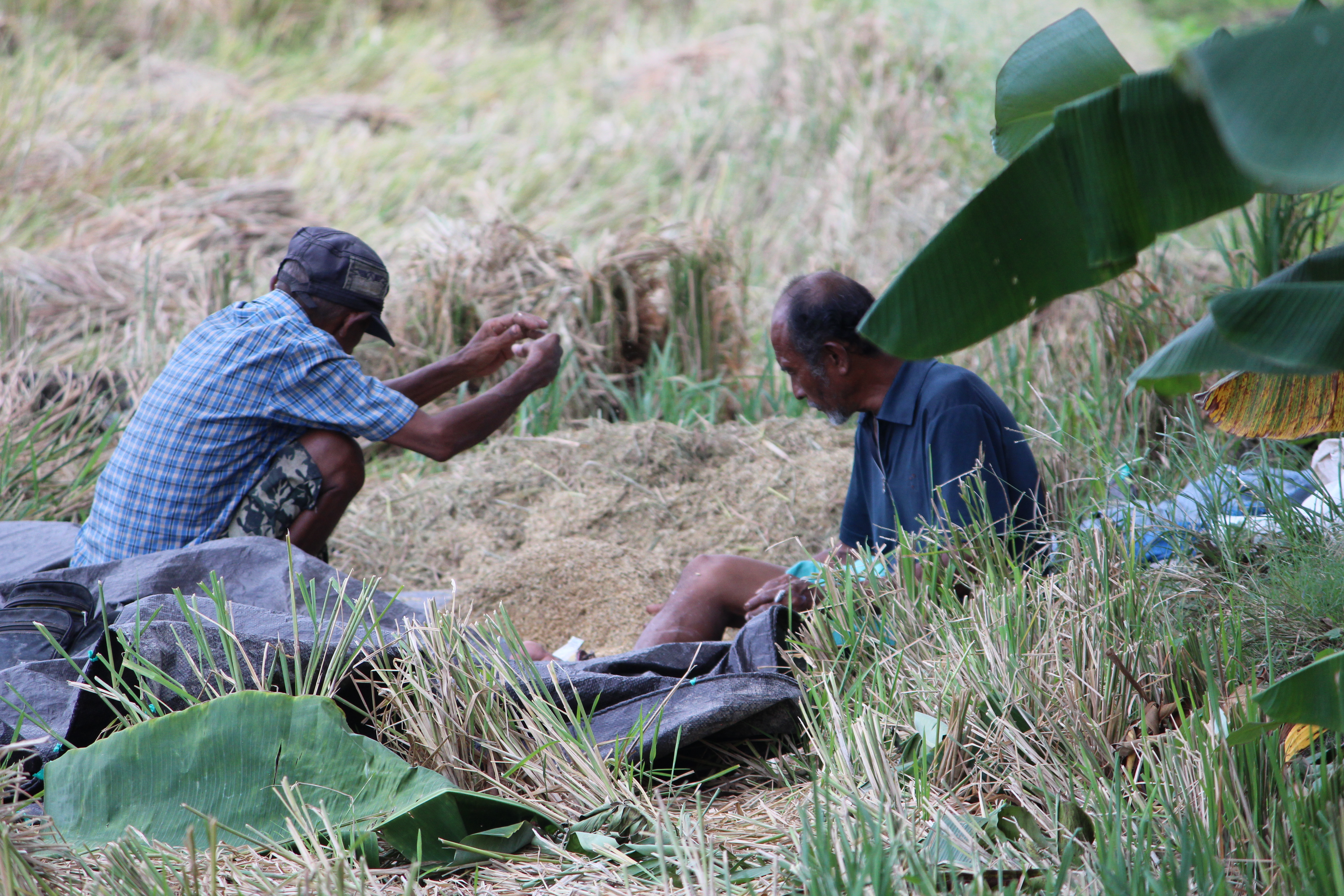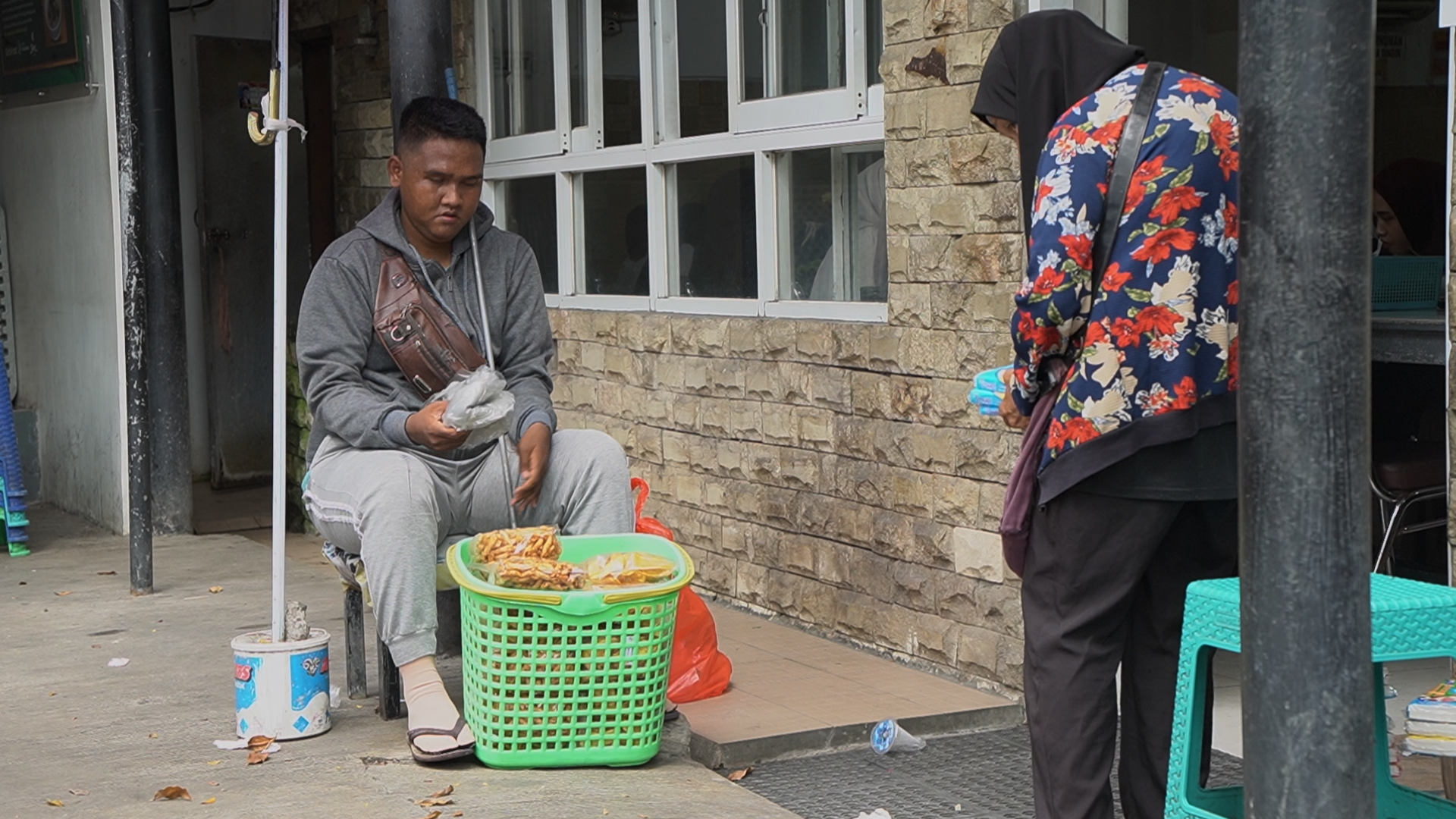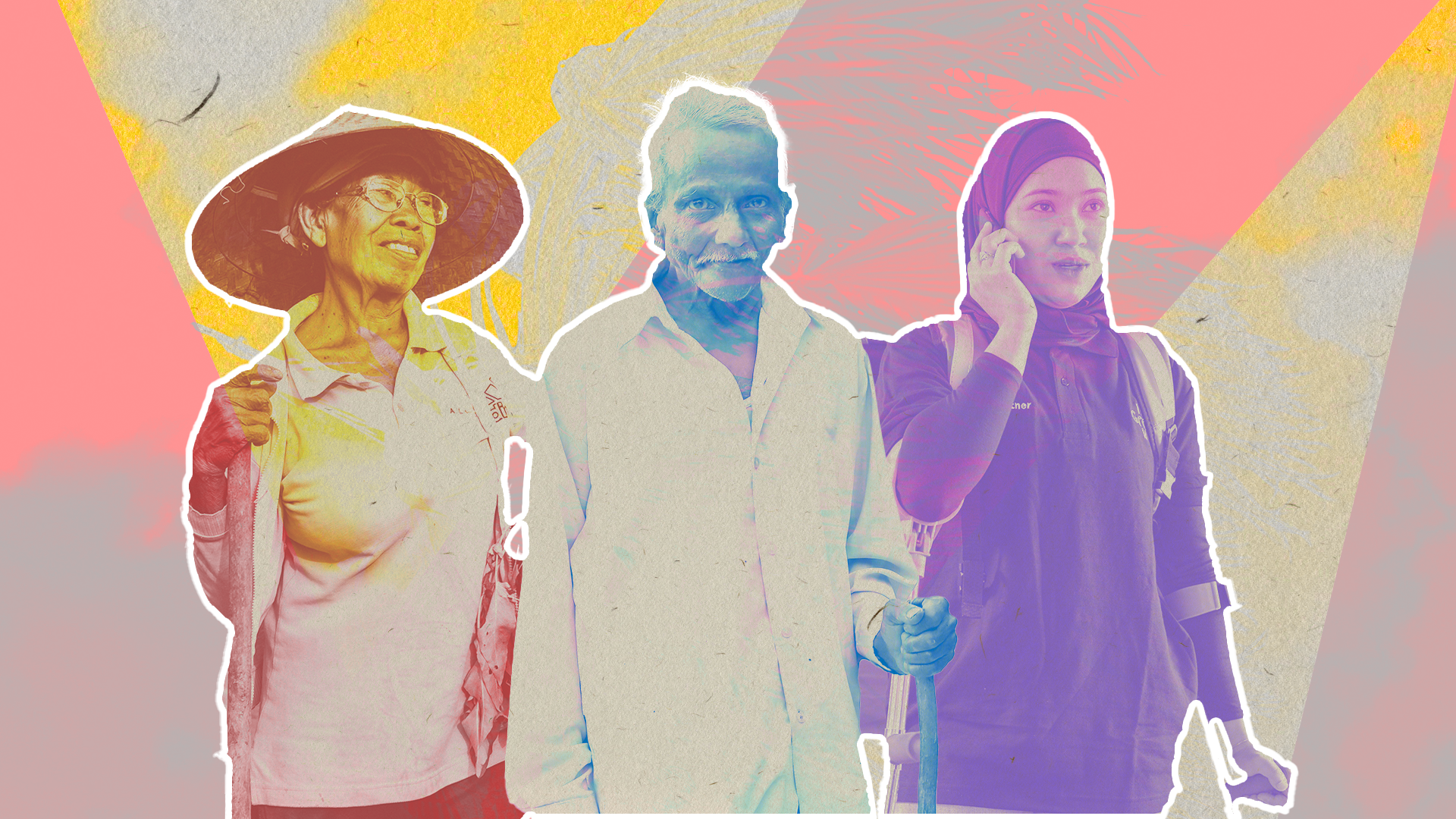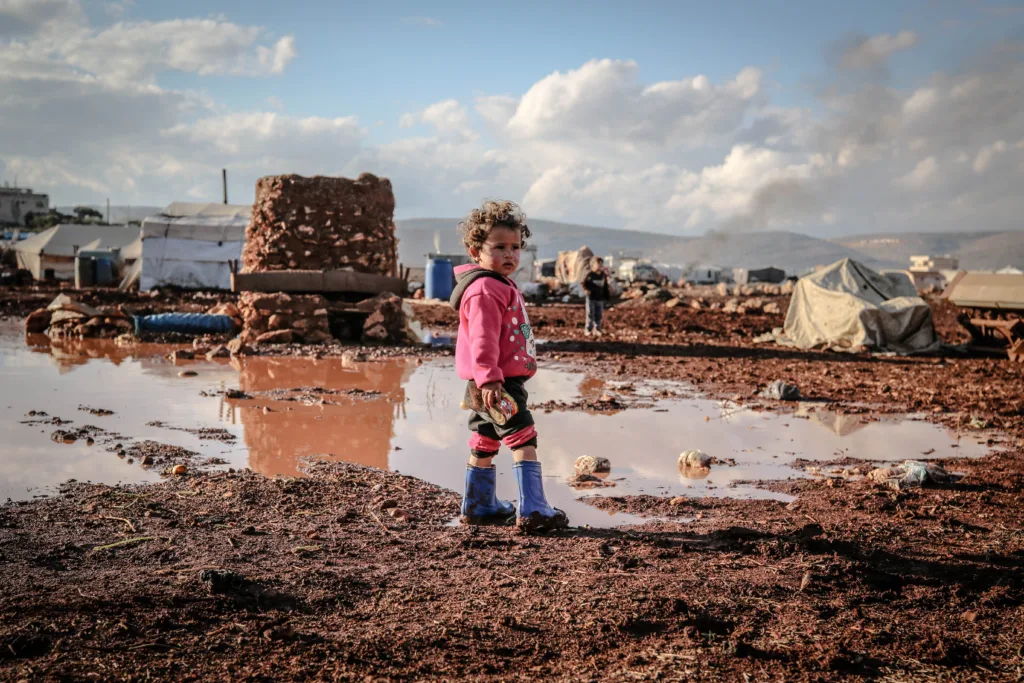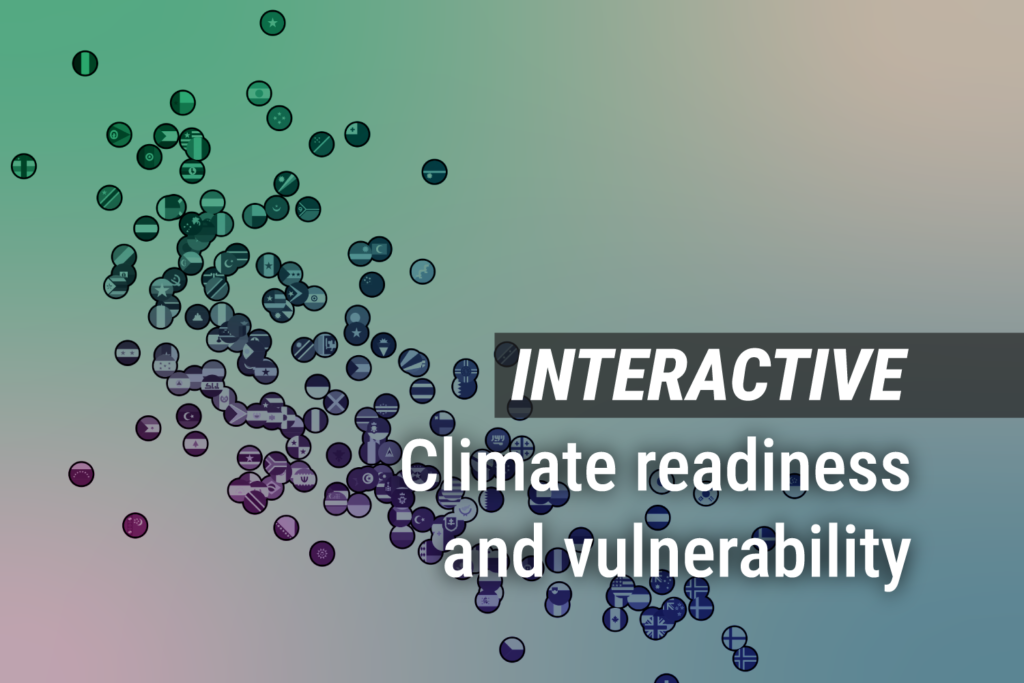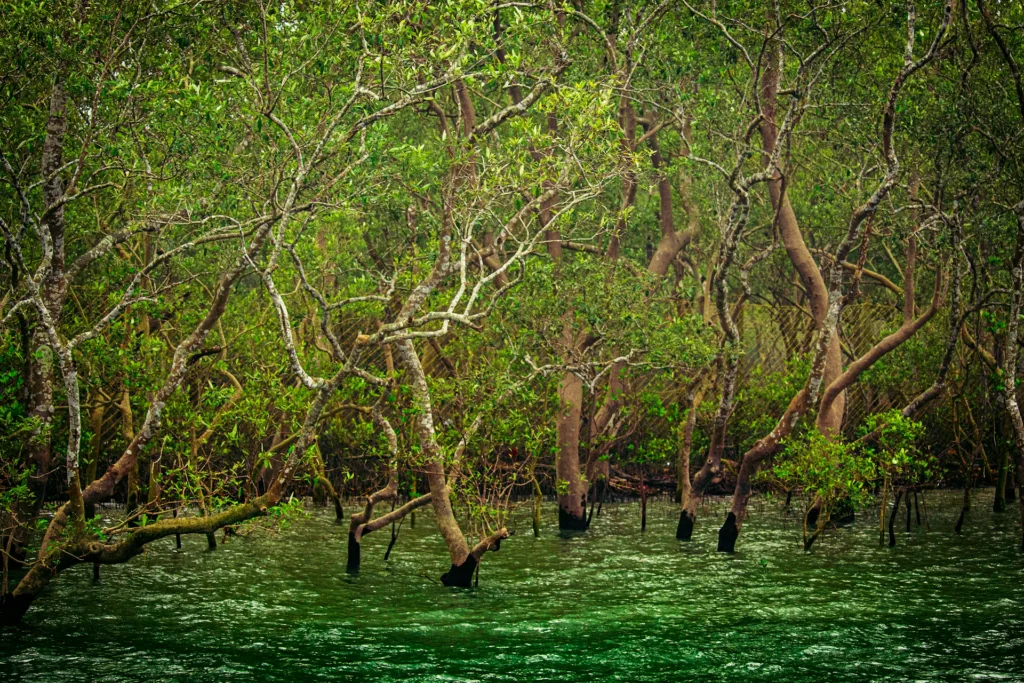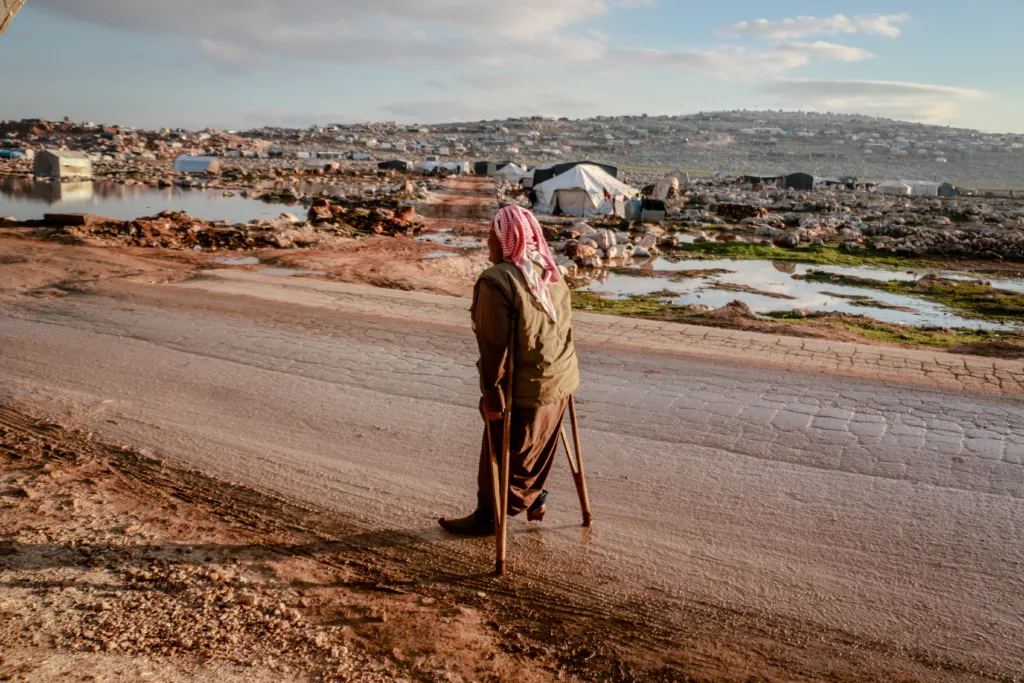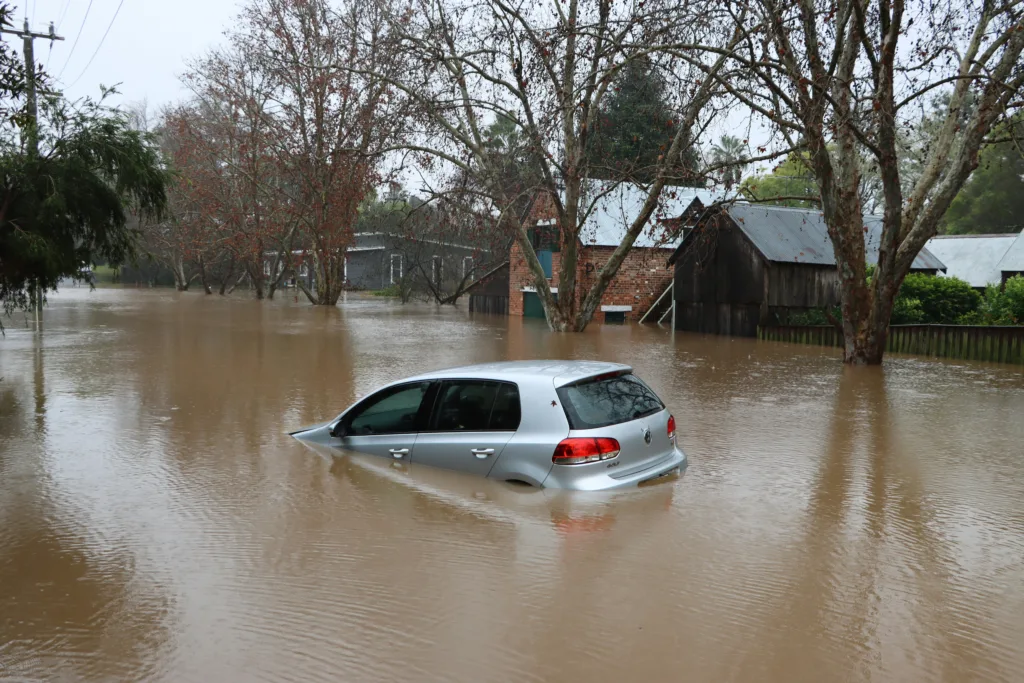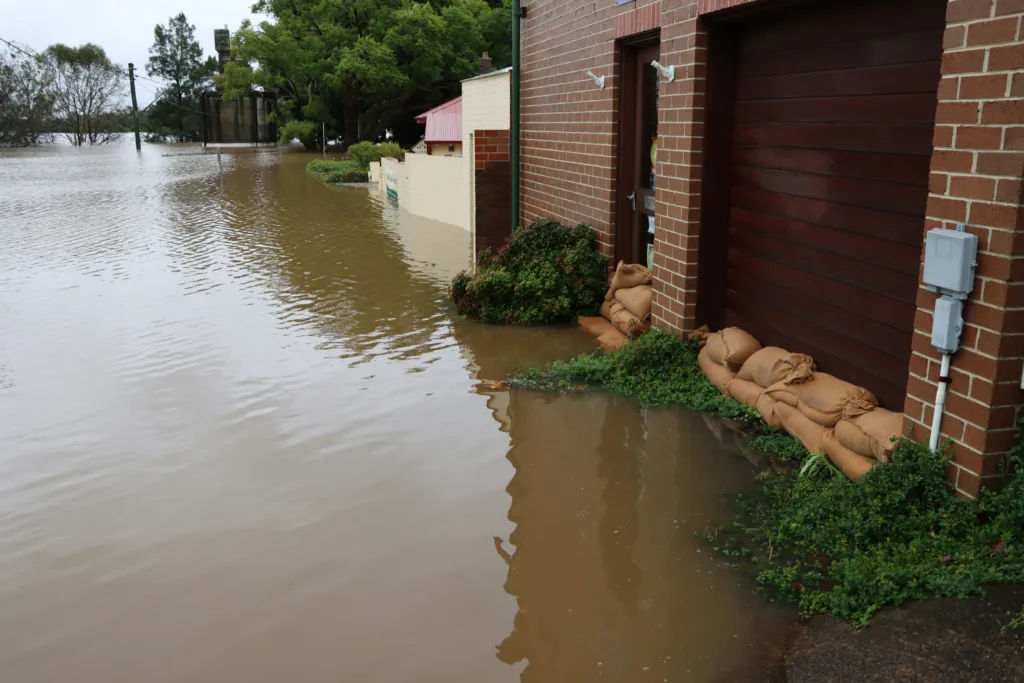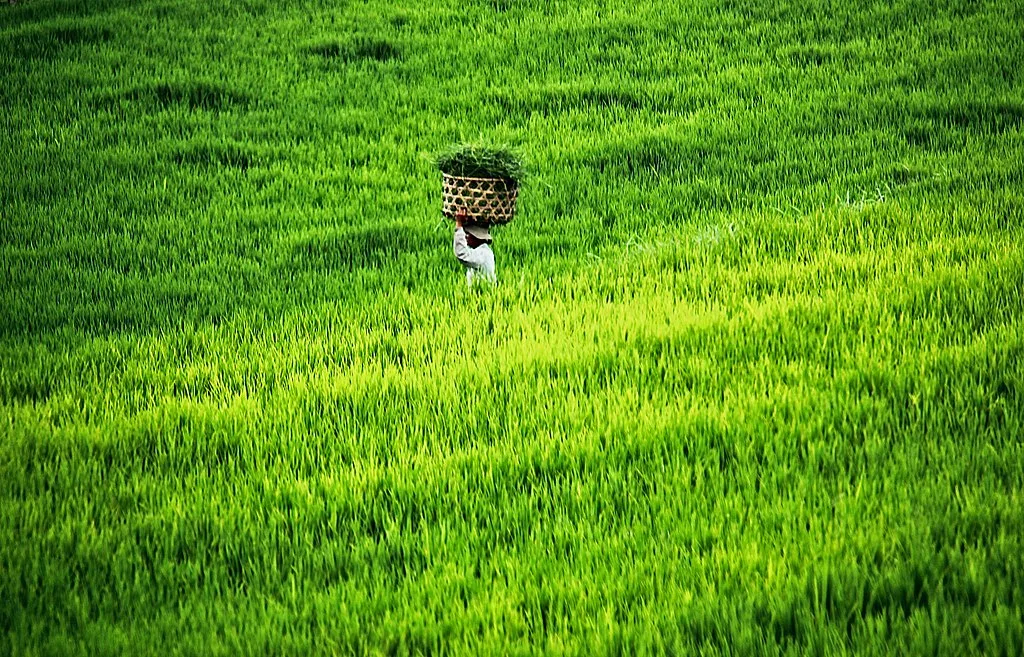We use cookies to improve your experience with Monash. For an optimal experience, we recommend you enable all cookies; alternatively, you can customise which cookies you’re happy for us to use. You may withdraw your consent at any time. To learn more, view our Website Terms and Conditions and Data Protection and Privacy Procedure.
Poor countries can’t afford to climate-proof – but can’t afford not to
Published on January 31, 2024Preparing to cope with the worst impacts of climate change is essential. But those who most need to build climate resilience can't afford to invest in it.
 Paradoxically, those who most urgently need to invest in climate resilience can’t afford to do so. : Michael Joiner Free to use
Paradoxically, those who most urgently need to invest in climate resilience can’t afford to do so. : Michael Joiner Free to use
Preparing to cope with the worst impacts of climate change is essential. But those who most need to build climate resilience can’t afford to invest in it.
With the worst impacts of climate change hitting the most disadvantaged most intensely, developing countries urgently need to prepare for, adapt to, and learn to cope with climate-related weather events.
But paradoxically, low-income nations are the worst placed to invest in climate resilience.
The most at-risk countries in this regard are the African nations Chad, the Central African Republic, Eritrea and the Democratic Republic of the Congo. But Indo-Pacific nations are among the 30 most vulnerable and least prepared, including Myanmar, Bangladesh, Afghanistan, Yemen, Papua New Guinea and Micronesia.
There are also inequalities between individuals and social groups when it comes to climate change vulnerability and resilience.
Broadly, poor individuals and communities tend to be less resilient to negative climate impacts, as their economic status often means they have limited adaptive capacity. Those who are economically, culturally, politically, institutionally, or otherwise marginalised are especially vulnerable to climate change. This can include women, the elderly, young people and Indigenous populations.
Finding ways to increase and improve resilience among less developed nations and marginalised groups remains one of the great challenges as the planet grapples with the realities of climate change.
Editors Note: In the story “Climate resilience” sent at: 30/01/2024 09:16.
This is a corrected repeat.


